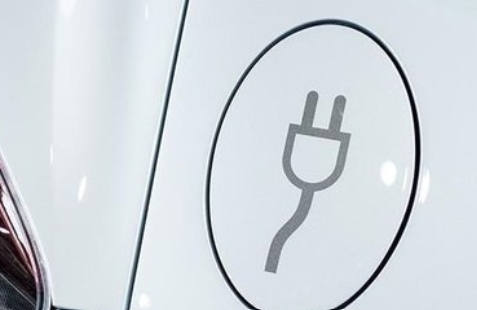The European Union (EU) recently proposed reducing tariffs on Tesla and other Chinese electric vehicle (EV) manufacturers in an effort to strike a balance between protecting European carmakers and maintaining trade relations with China. The draft proposal suggests lowering the tariff on Tesla vehicles imported from China to 9%, down from the initially planned 20.8%. This decision reflects the EU’s recognition that Tesla receives fewer subsidies from the Chinese government compared to domestic Chinese firms.
For other Chinese EV manufacturers like BYD, the proposed tariffs were also reduced slightly, with BYD now facing a 17% tariff, down from the previous 17.4%. These adjustments are part of the EU’s broader strategy to manage the competitive pressures posed by Chinese EV makers while continuing to support the European auto industry.
The proposal has sparked criticism from Chinese authorities, who view these measures as protectionist. China has even threatened to retaliate with tariffs on various European exports, including pork and spirits.
The final decision on these tariffs will be made after consultations with EU member states, with the tariffs expected to take effect by November 2024 if approved.
European Union regulators are reportedly considering a significant reduction in their previously proposed tariffs on Tesla electric vehicles that are manufactured in and imported from China. This adjustment also applies to other prominent Chinese electric vehicle manufacturers, including SAIC, the parent company of Volvo, Geely, and BYD. The news of this potential policy shift has had an immediate and positive effect on Tesla’s stock, which experienced an uptick in pre-market trading as investors responded to the announcement.
EU regulators are planning to reduce their proposed tariffs on Tesla electric vehicles built in and imported from China, among other Chinese EV makers like SAIC, Volvo parent company Geely, and BYD. https://t.co/4yC84FWJbg
— InvestorStartup (@InvestorStart) August 20, 2024
This potential reduction in tariffs marks a noteworthy development in the broader context of international trade and the electric vehicle (EV) industry. The European Union’s decision to reconsider the scale of these tariffs underscores the complexities and challenges that regulators face as they navigate the rapidly expanding global electric vehicle market. With supply chains that are increasingly interconnected and reliant on international cooperation, the EU’s approach to trade policies related to EVs is becoming more nuanced and adaptable.
For Tesla and other Chinese EV manufacturers, the reduction in tariffs could provide a significant boost to their competitive positioning within the European market. Lower tariffs would likely make these vehicles more affordable for European consumers, potentially increasing sales and market share for these companies. This move could also strengthen trade relations between the European Union and China, as well as encourage further collaboration in the automotive sector.
The decision to scale back tariffs reflects the EU’s recognition of the need to balance protectionist policies with the realities of global trade, particularly in an industry as critical and fast-evolving as electric vehicles. As the EU continues to adapt its trade policies to reflect the dynamics of the EV market, this development could have far-reaching implications for the industry, influencing everything from pricing strategies to the pace of innovation and adoption of electric vehicles across Europe.
As part of an ongoing anti-subsidy investigation, the #EU plans to cut #tariffs on imports of cooperating battery electric vehicles (#BEVs) from #China, particularly #Tesla, the European Commission announced on Tuesday. https://t.co/bnkbt0792x
— ANews (@anews) August 20, 2024
Key Points:
i. EU regulators plan to reduce proposed tariffs on Chinese-made Tesla vehicles and other Chinese EV brands.
ii. The decision affects several Chinese EV manufacturers, including SAIC, Geely, and BYD.
iii. Tesla’s stock responded positively, ticking up in pre-market trading.
iv. The move highlights the EU’s ongoing adjustments in trade policies related to the electric vehicle market.
v. The reduction in tariffs could have significant implications for the global EV market and trade dynamics.
RM Tomi – Reprinted with permission of Whatfinger News



